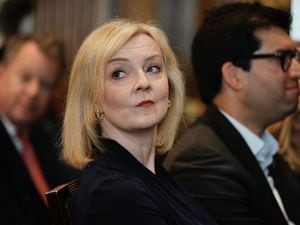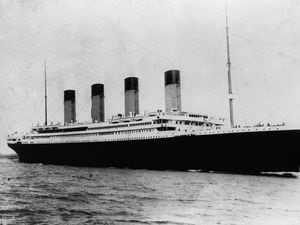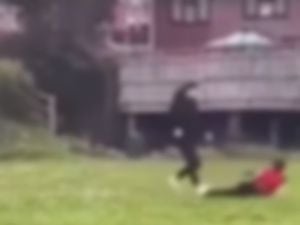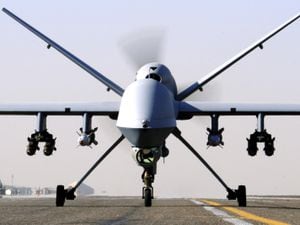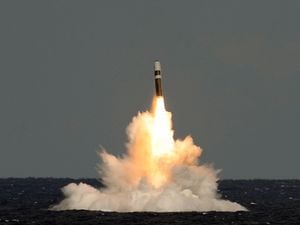Star comment: Dr Deahl set a fine example
Those who live lives of comfort and routine with no surprises may never find out. Find out about themselves, that is.
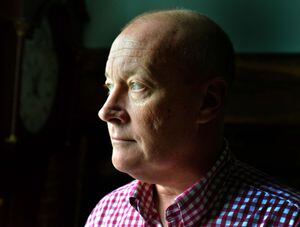
Because until they are confronted by an unexpected crisis they will never know for sure how they will react when confronted by an unexpected crisis.
Will they rise to the occasion? Or will they leave things to others?
Dr Martin Deahl, who lives now in Newport, got his answer 30 years ago. He was at home in London when he smelled smoke.
He lived not far from King’s Cross underground station and that circumstance meant that he was one of the first medics on the scene of the fire disaster which claimed 31 lives in the worst tragedy of its nature on the London Underground.
He rushed to help. What he saw that night has been seared on his memory ever since and was to shape his life.
“We were used to death and dying, but this was all too much.”
He was at the time doing psychiatric training, and after the King’s Cross disaster he went on to carry out work in the field of post traumatic stress.
The fire was blamed on a stray match which set light to rubbish which had accumulated under a wooden escalator. As so often, peoplethe dead paid with their lives for lessons to be learned, and there was much to learn, both in training of staff in handling such situations, and in changes to structures and procedures. There were 26 safety recommendations.
Wooden escalators were phased out but not as quickly as you might think. The fire happened in the days when it was legal to smoke in public spaces although not, as it happens, in subsurface Tube stations. Smoking in all underground stations was banned in the aftermath of the blaze.
And in one poignant aspect which said something about the make-up of a modern British city, one victim was not finally identified until 2004. He was a Scotsman who had been sleeping rough, although it’s not knownnobody knows why he was there that night.
The lessons learned were, as Dr Deahl points out, with the benefit of hindsight. The ideal is, of course, to use foresight to stop anything like it ever happening again.
That will always be work in progress.
Meanwhile, whichever plans and systems are put in place in advance to deal with such incidents, a lot is always going to depend on the response and initiative of those, like Dr Deahl, who are first on the scene.

